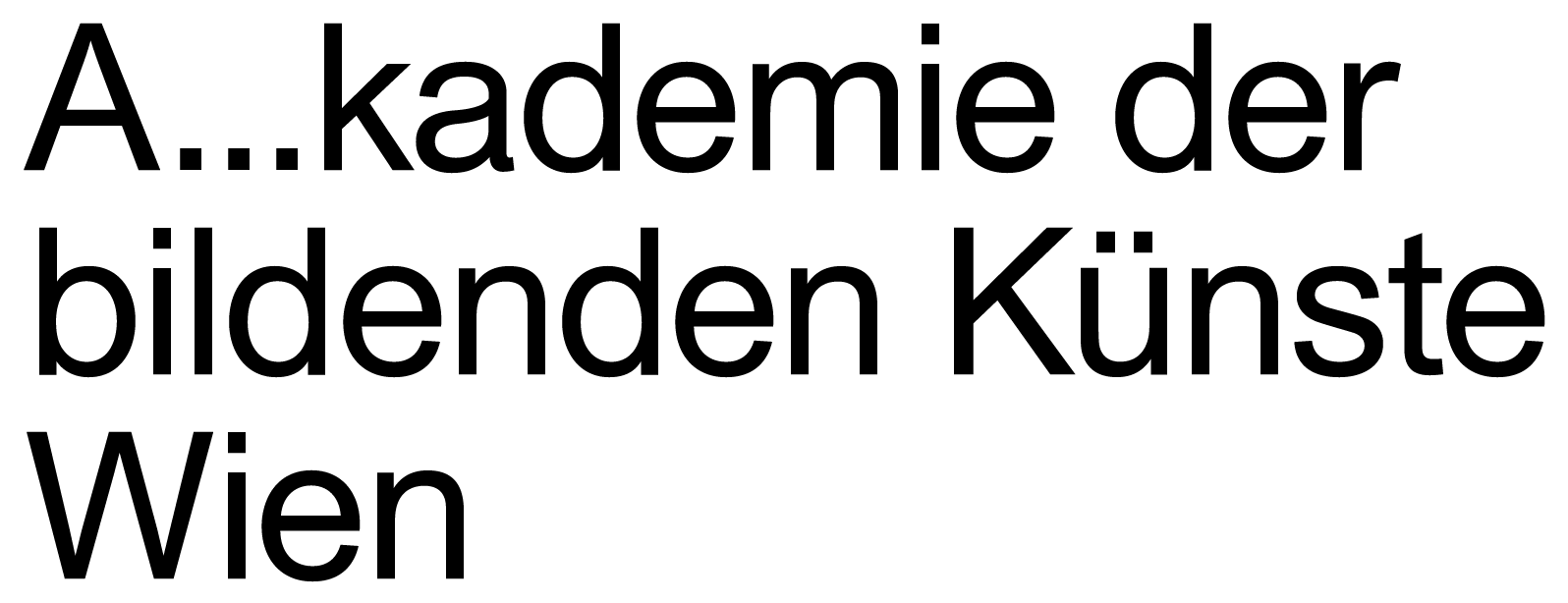Stories of Post-extractive F*utures
The shrinking town of Eisenerz lies at the foot of the Erzberg mountain, Austria’s largest and best-known site of extraction of iron ore. The post-industrial town is experiencing a rural exodus, which concerns women in particular. The spatial practices of mining areas have been under-researched using inclusive methods. Mining is predominantly narrated in male, heroic narratives, while counter-narratives of repair, care, reproduction and maintenance are mostly overlooked.
Within this complex field, the project focuses on intersectional feminist perspectives on an area of exhaustion; it will collect feminist post-extractive stories to broaden the perception of mining areas and strengthen the focus on feminist narrations for future perspectives. We ask: Which practices contribute to the continuance of the community? The project shows and discusses the spatial practices of repair amid extraction with multiple actors. We work with local associations to reach diverse groups.
Thinking and knowing with the diverse, often surprising, actors and their practices, the citizen scientists shape the project on several levels: they collect and locate stories of practices, they research private archives, and they report and sometimes even organize. Processes of mutual learning take place in meetings and shared activities, and through the process of transformation into drawings by the East Styrian artist Roswitha Weingrill. Based on collaborative science and an affirmative and inclusive approach, citizens are involved in decisions on many levels, especially concerning their contributions and their representation. The collected knowledge will contribute to creating imaginations of future stories of a liveable community. With the help of artistic methods, these will be illustrated and made accessible in public discussions.
Via strategies of making visible, bringing together, and anticipating and activating futures, and also with the help of artistic tools of knowledge production, this project will show practices as constant reparative counter-practices amid extraction. An ethical, intersectional framework of feminist citizen science will revive the margins of how we know about environmental exploitation to deliver a complex, yet profound, image of a polyphonic Anthropocene that allows for imagining dynamic assemblages after exploitation.
Photo gallery
https://www.citizen-science.at/en/projects/stories-of-post-extractive-f-utures#sigProId50bd6c7cc8
This project fulfilled version 1.1 of the quality criteria for citizen science projects on Österreich forscht.
- history
- culture
- land use
- politics
- gender
- living together




